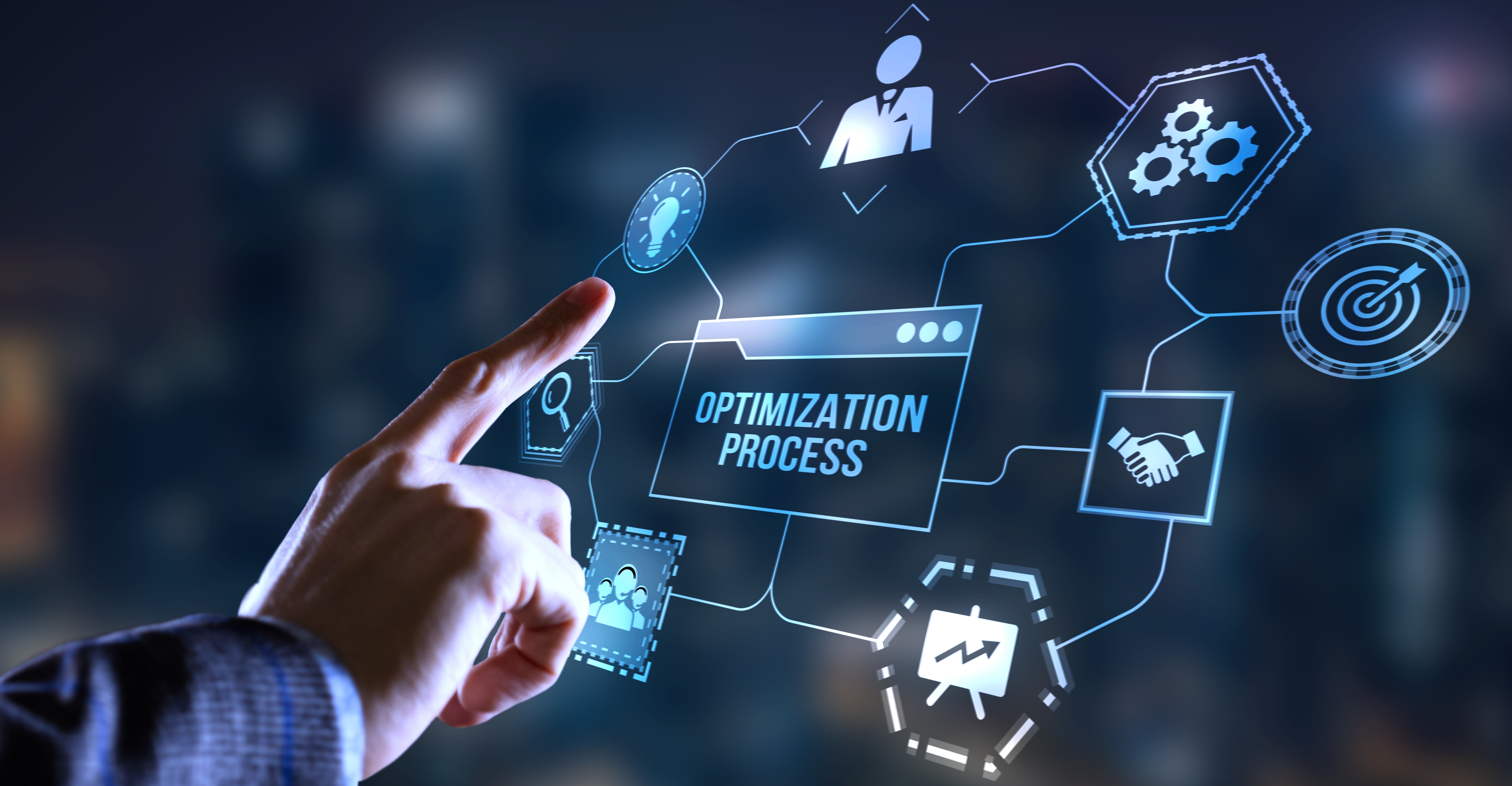Process mining in healthcare is the application of data mining and process analysis techniques to gain insights into and improve the efficiency, quality, and compliance of healthcare processes and data.
Value analysis in healthcare is a systematic approach to evaluate the cost and clinical effectiveness of medical products, services, and processes to ensure the best value for patients and healthcare organizations.
By applying process mining techniques, healthcare organizations can gain insights into the value analysis process itself, identify areas of improvement, and optimize resource allocation. Here are some ways process mining can be used in the value analysis area:
Identifying Cost Drivers
Process mining can help identify the key cost drivers within the value analysis process. By analyzing the sequence of activities, resource utilization, and time taken at each step, organizations can pinpoint where costs are incurred and determine which activities contribute the most to the overall cost. This information enables targeted cost reduction efforts, such as negotiating better prices for high-cost items or streamlining resource allocation.
Evaluating Efficiency
Process mining provides a detailed understanding of how value analysis processes are executed in practice. By visualizing the process flow, organizations can identify bottlenecks, delays, and redundant activities that hamper efficiency. For example, process mining can reveal instances where unnecessary review cycles or duplicative documentation prolong the value analysis process. By eliminating these inefficiencies, organizations can expedite decision-making, reduce costs, and improve resource utilization.
Analyzing Variability
Value analysis often involves evaluating multiple options, such as different medical products or service providers. Process mining can assist in analyzing the variability and differences in decision-making. By comparing the paths taken during value analysis for different options, organizations can understand the factors influencing decisions, variations in evaluation criteria, and potential biases. This insight can lead to standardized evaluation methods, enhanced consistency, and better-informed decision-making.
Evaluating Clinical Effectiveness
Process mining can help assess the impact of value analysis decisions on clinical outcomes. By linking value analysis data with patient outcomes and quality metrics, organizations can measure the effectiveness of the evaluated products or services. For example, by analyzing the usage patterns of different medical devices or medications in relation to patient outcomes, organizations can identify the most effective and cost-efficient options. This information supports evidence-based decision-making and drives improvements in patient care.
Continuous Improvement
Process mining enables continuous monitoring and improvement of the value analysis process. By establishing process performance metrics and regularly analyzing process data, organizations can track progress, identify trends, and implement targeted improvements. For instance, organizations can measure the time taken for value analysis from initiation to decision and set goals for reducing the overall timeline. Regular process mining analyses provide insights into the impact of improvement initiatives and help sustain ongoing enhancements.
Conclusion
Process mining in healthcare's value analysis area empowers organizations to optimize costs, enhance efficiency, and ensure value-driven decision-making. By gaining a deeper understanding of the value analysis process through process mining techniques, healthcare organizations can improve resource allocation, reduce waste, drive evidence-based decision-making, and ultimately enhance patient outcomes while maximizing value.





